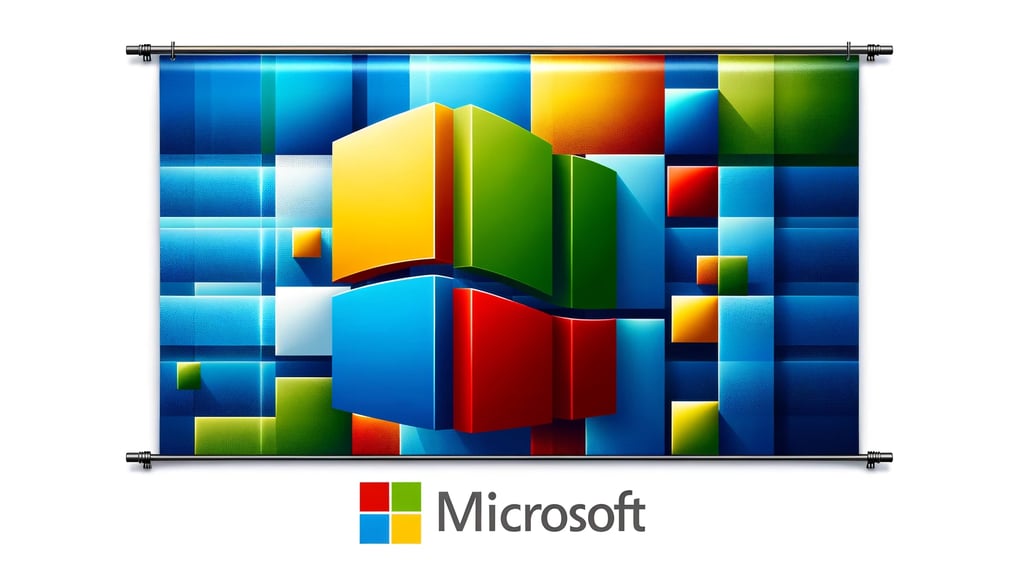Microsoft Unveils Phi-2: A Compact AI Language Model for Wider Accessibility and Smartphone Integration
Microsoft's latest AI breakthrough, Phi-2, is a transformative language model optimized for coding, boasting 2.7 billion parameters. Despite being smaller than its predecessors, Phi-2 surpasses Google’s Gemini Nano in performance and is set to democratize AI technology access. Available in the Azure AI catalog, this model's compact size enables AI functionality on smartphones, broadening its application potential and enhancing technologies like speech recognition in virtual assistants.
Faheem Hassan
12/14/20232 min read


Microsoft has recently unveiled its latest AI breakthrough, Phi-2, a transformative language model optimized specifically for coding. With an impressive 2.7 billion parameters, Phi-2 is set to revolutionize the field of artificial intelligence and democratize access to this technology.
What sets Phi-2 apart from its predecessors is its compact size. Despite being smaller in scale, Phi-2 outperforms Google's Gemini Nano in terms of performance. This compactness enables Phi-2 to be deployed on a wider range of devices, including smartphones, opening up new possibilities for its application.
One of the key advantages of Phi-2's compact size is its availability in the Azure AI catalog. This means that developers and businesses can easily access and integrate Phi-2 into their projects, without the need for extensive computational resources. This accessibility is a game-changer, as it allows more people to harness the power of AI in their coding endeavors.
Phi-2's impact extends beyond coding. Its integration into technologies like speech recognition in virtual assistants enhances their capabilities, making them more efficient and accurate. With Phi-2, virtual assistants can understand and respond to human language with greater precision, improving user experiences and enabling more natural interactions.
Microsoft's Phi-2 is a testament to the company's commitment to advancing AI technology and making it accessible to a broader audience. By developing a compact yet powerful language model, Microsoft has paved the way for the democratization of AI. With Phi-2's availability in the Azure AI catalog, developers and businesses can now leverage the power of AI in their projects, regardless of their computational resources.
The implications of Phi-2's breakthrough are far-reaching. Its smaller size and superior performance make it an invaluable tool for developers, enabling them to create more efficient and intelligent applications. As AI continues to shape various industries, Phi-2's impact will be felt across sectors, from healthcare to finance, from education to entertainment.
In conclusion, Microsoft's Phi-2 is a game-changing AI language model optimized for coding. With its impressive performance and compact size, Phi-2 surpasses its predecessors and brings AI technology to a wider audience. Its availability in the Azure AI catalog and its potential to enhance technologies like speech recognition in virtual assistants make it a transformative tool that will shape the future of AI.
